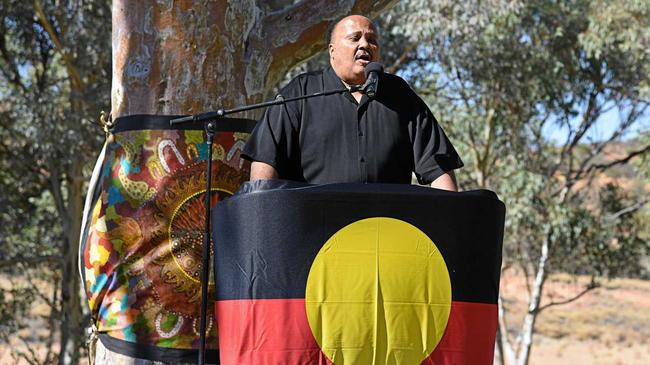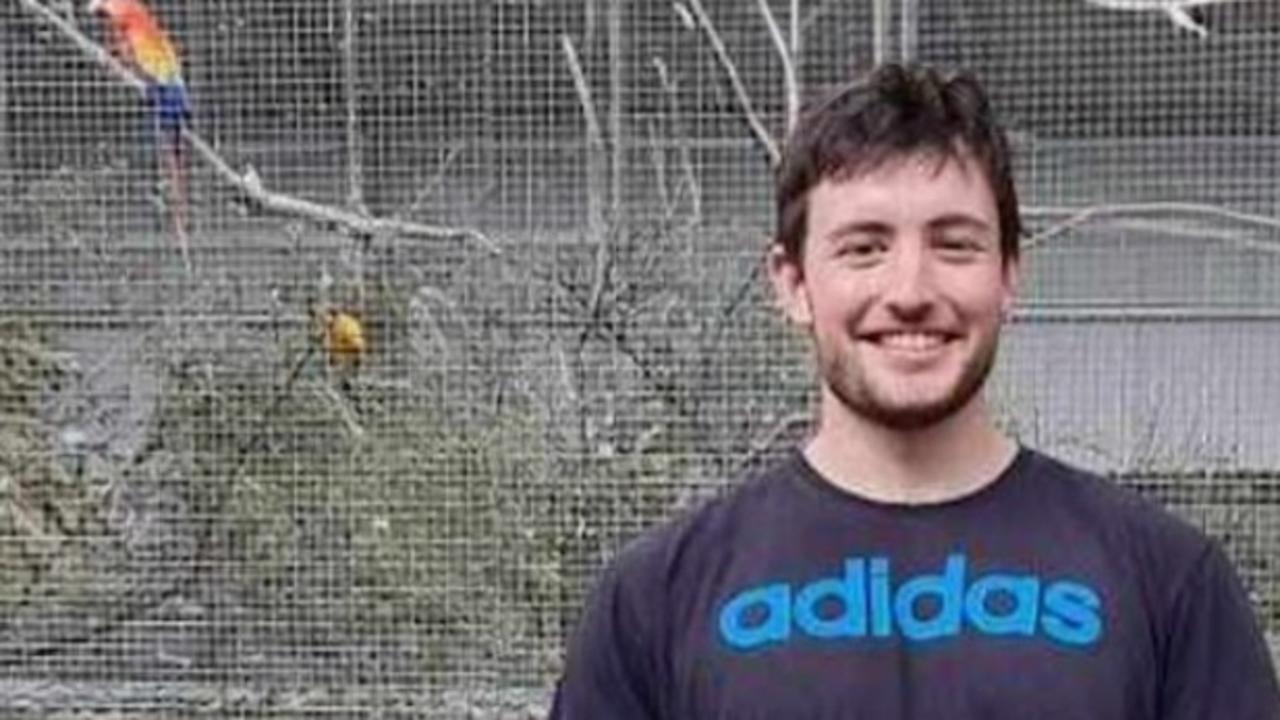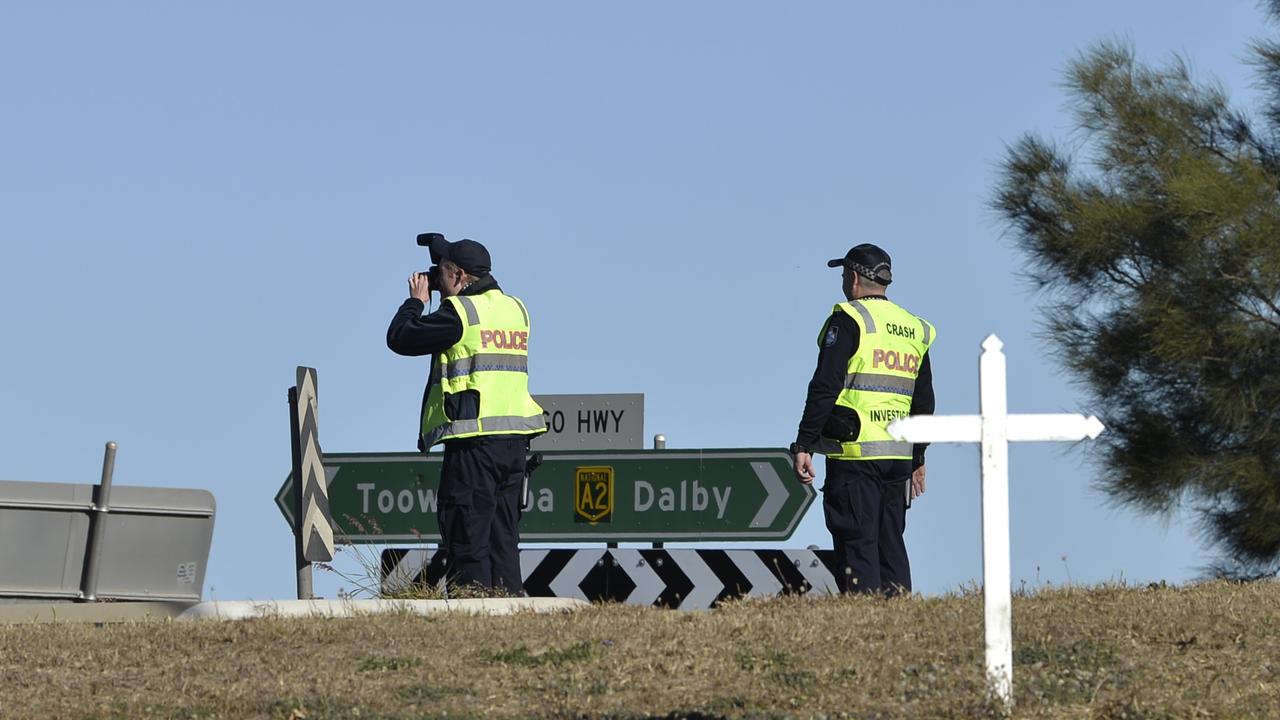OPINION: Being sorry about the past is not enough
What the Coutts Crossing debate tells us about Australia and its so-called reconciliation process

Central & North Burnett
Don't miss out on the headlines from Central & North Burnett. Followed categories will be added to My News.
THE irony will hardly be lost on the Clarence Valley's Aboriginal people with regards to the Coutts Crossing debate that's ensued these past two weeks.
As representatives of colonial Clarence Valley cling to the endearing nature of a hometown name, a place they identify with and have a strong emotional connection with, our indigenous community must be rolling their eyes.
It's understandable the residents of Coutts don't want to give up their village name, but surely we are not so blind we can't see the parallels here.
Indigenous people are well acquainted with the practice of having identity stripped away, without the luxury of the relatively civilised consultation we are witnessing here.
Many residents and people who grew up in Coutts accept the village has a dark past and are sorry about what happened, but that's as far as they will go when it comes compromising the place they love. To them, the name means more than that of an alleged killer.
And so the reasoning goes.
Those residents who knew about this history have, understandably, been able to move past it and concentrate their energy and time on more pressing problems like fixing potholes.
Some admit the problem is so vast that if you change one name you have to change them all. Others choose to split hairs over the location and if the poisoning really happened despite documented accounts. Overwhelming a debate with semantics helps to shut it down.
Those still perplexed question why indigenous people are still so incensed by the honour given to the white man, who first crossed the Orara River 170 years ago, a common occurrence when it came to naming places, particularly when he was never convicted of any wrongdoing in the legal system of the 1840s.
Others believe leaving the name there will serve as a reminder of past wrongs and acknowledge how far we have come, a well-meaning attempt at bringing some nobility to the continued pattern of glossing over that occurs in this country.
Unless we are willing to put up a sign that reads "Welcome to Coutts Crossing - the village named after Thomas Coutts the first colonial to cross here and mass-murderer of 23", I don't think any lesson will be learned.
Then there are those who like to cut straight through the crap and just stomp all over a debate they don't like by resorting to bullying. Online white supremacy comes in the form of memes like 'Straight outta Coutts' there to remind people just who are the genuine articles of this town and who runs the show in these parts.
So far there's no campaign for the name to change to an indigenous title, just that it shouldn't be named after Coutts, a man who was tried for poisoning Gumbaynggirr people.
So really where do we go from here?
We certainly aren't openly looking to the indigenous community for answers. We're too busy trying to silence them in the hope this latest bugbear will just fade away like the last time it was brought up.
It's a familiar pattern as we blindly and belligerently cling to inappropriate practices despite what we are hearing from indigenous voices. Holding our national day on a date that signifies colonialism and expecting everyone to join in or clamouring all over their sacred site before they can officially stop it, demonstrates how far removed from the process of reconciliation we are in this country. If this is our modus operandi we can forget effecting any serious change because achieving that is a two-way street. At the moment it's one-way with road spikes down the other.
Trying to convince first nation people that reconciliation means coming around to our way of thinking by singing over the top of them that 'we are all one and in this together yada, yada, yada', is a fool's game.
If we can't see the significance of this local issue in the grand scheme of improving Indigenous relationships in this country what hope is there in achieving ground with those big agendas.
A fair and just land treaty, recognition in the Constitution, an official indigenous voice in parliament not a colonial version of one - tangible stuff not token.
When do we start acknowledging and respecting the country's first nation people, the oldest culture on the planet, on the world stage proudly and loudly? Next year, next decade, next millennium.
It's not becoming of a privileged nation in the 21st century to be this belligerent or naive about its indigenous past and that caper is wearing thinner and thinner, not just with the people directly affected but other Australians and other nations watching a country that prides itself on mateship and 'she'll be right'.
So best we get used to uncomfortable conversations like these. Indigenous voices will continue to speak up across many stages and issues until we collectively start to hear what they are saying.
In the meantime it will be a case of chipping away, one Australia Day at a time, one Commonwealth Games at a time, one village sign at a time.
Originally published as OPINION: Being sorry about the past is not enough


